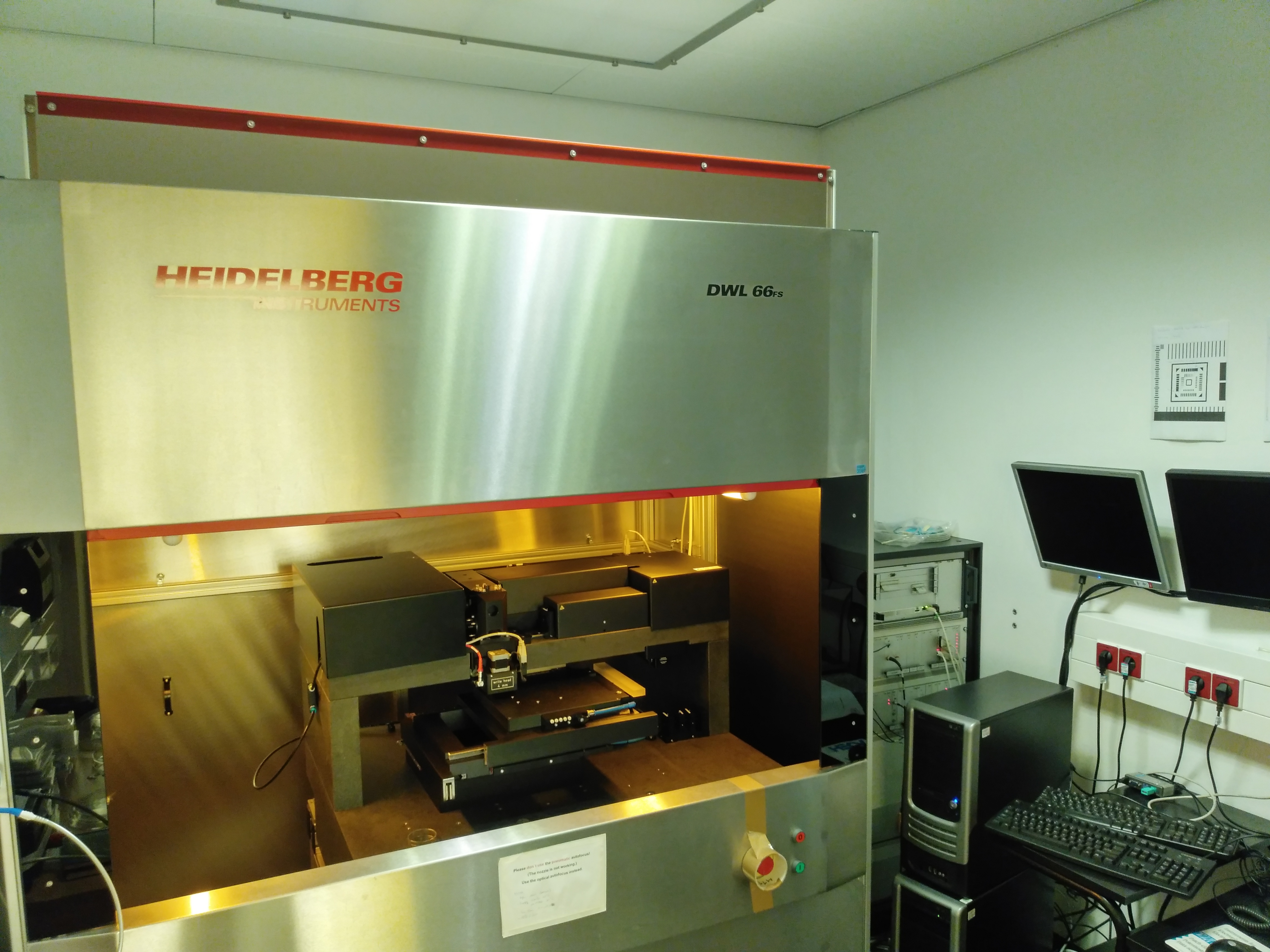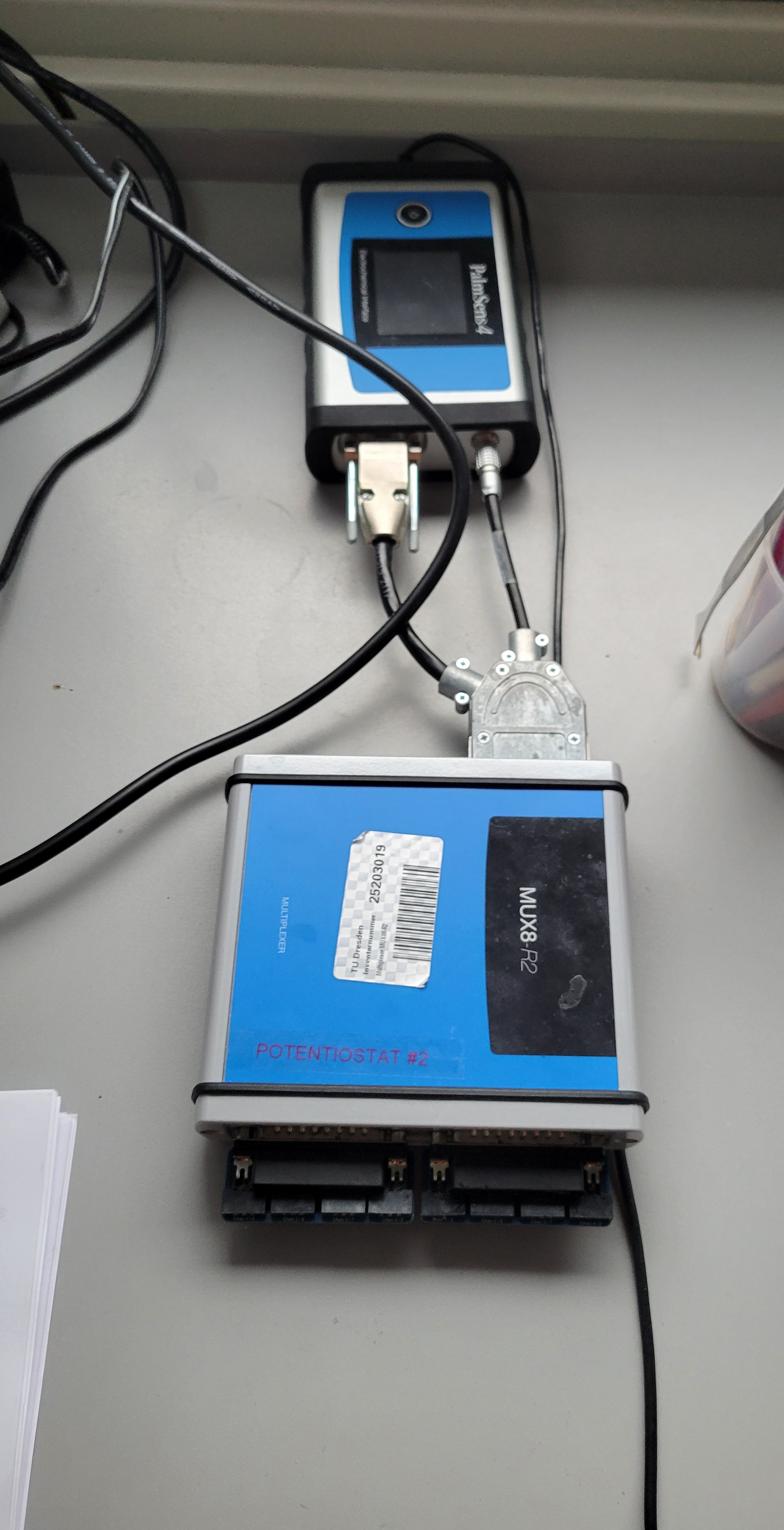

| Funding period: | Aug. 1, 2024 to July 31, 2027 |
| Agency: | DFG |
We acknowledge funding by the DFG project "Wearable sensor-actuator microsystems for the continuous monitoring of reproductive hormones during assisted fertilization" (WeRepro, grant agreement ID: CU44/66-1)
WEREPRO – Wearable sensor-actuator microsystems for the continuous monitoring of reproductive
Monitoring reproductive hormones accurately is crucial for managing infertility, polycystic ovarian syndrome (PCOS), and other endocrine disorders. Traditional methods like ELISA are reliable but invasive, time-consuming, and unsuitable for real-time or point-of-care use. The WEREPRO project tackles this challenge by developing wearable, real-time sensor systems that bring laboratory-level precision directly to patients and clinicians.
At the heart of WEREPRO are carbon nanotube field-effect transistor (CNT-FET) biosensors built on flexible substrates using UV lithography and dielectrophoresis. These sensors are functionalized with DNA aptamers, allowing highly selective detection of key reproductive hormones such as 17β-estradiol. Under physiologically relevant conditions, the devices deliver concentration-dependent electrical responses, minimal interference from other hormones, and continuous tracking of hormone levels. By combining the sensors with a wireless data platform and machine learning analysis, WEREPRO enables accurate, real-time hormone quantification, moving toward a fully integrated wearable solution.
The project merges nanotechnology, sensor engineering, and biomedical applications to provide a non-invasive, precise, and continuous monitoring platform, opening the door to personalized reproductive healthcare and supporting better-informed clinical decisions in fertility treatments.
WEREPRO is carried out in close collaboration with CIC Nanogune and the University of Alicante, ensuring interdisciplinary expertise, continuous exchange of results, and joint optimization of the wearable biosensor technology.








| Funding period: | Aug. 1, 2024 to July 31, 2027 |
| Agency: | DFG |
We acknowledge funding by the DFG project "Wearable sensor-actuator microsystems for the continuous monitoring of reproductive hormones during assisted fertilization" (WeRepro, grant agreement ID: CU44/66-1)
WEREPRO – Wearable sensor-actuator microsystems for the continuous monitoring of reproductive
Monitoring reproductive hormones accurately is crucial for managing infertility, polycystic ovarian syndrome (PCOS), and other endocrine disorders. Traditional methods like ELISA are reliable but invasive, time-consuming, and unsuitable for real-time or point-of-care use. The WEREPRO project tackles this challenge by developing wearable, real-time sensor systems that bring laboratory-level precision directly to patients and clinicians.
At the heart of WEREPRO are carbon nanotube field-effect transistor (CNT-FET) biosensors built on flexible substrates using UV lithography and dielectrophoresis. These sensors are functionalized with DNA aptamers, allowing highly selective detection of key reproductive hormones such as 17β-estradiol. Under physiologically relevant conditions, the devices deliver concentration-dependent electrical responses, minimal interference from other hormones, and continuous tracking of hormone levels. By combining the sensors with a wireless data platform and machine learning analysis, WEREPRO enables accurate, real-time hormone quantification, moving toward a fully integrated wearable solution.
The project merges nanotechnology, sensor engineering, and biomedical applications to provide a non-invasive, precise, and continuous monitoring platform, opening the door to personalized reproductive healthcare and supporting better-informed clinical decisions in fertility treatments.
WEREPRO is carried out in close collaboration with CIC Nanogune and the University of Alicante, ensuring interdisciplinary expertise, continuous exchange of results, and joint optimization of the wearable biosensor technology.